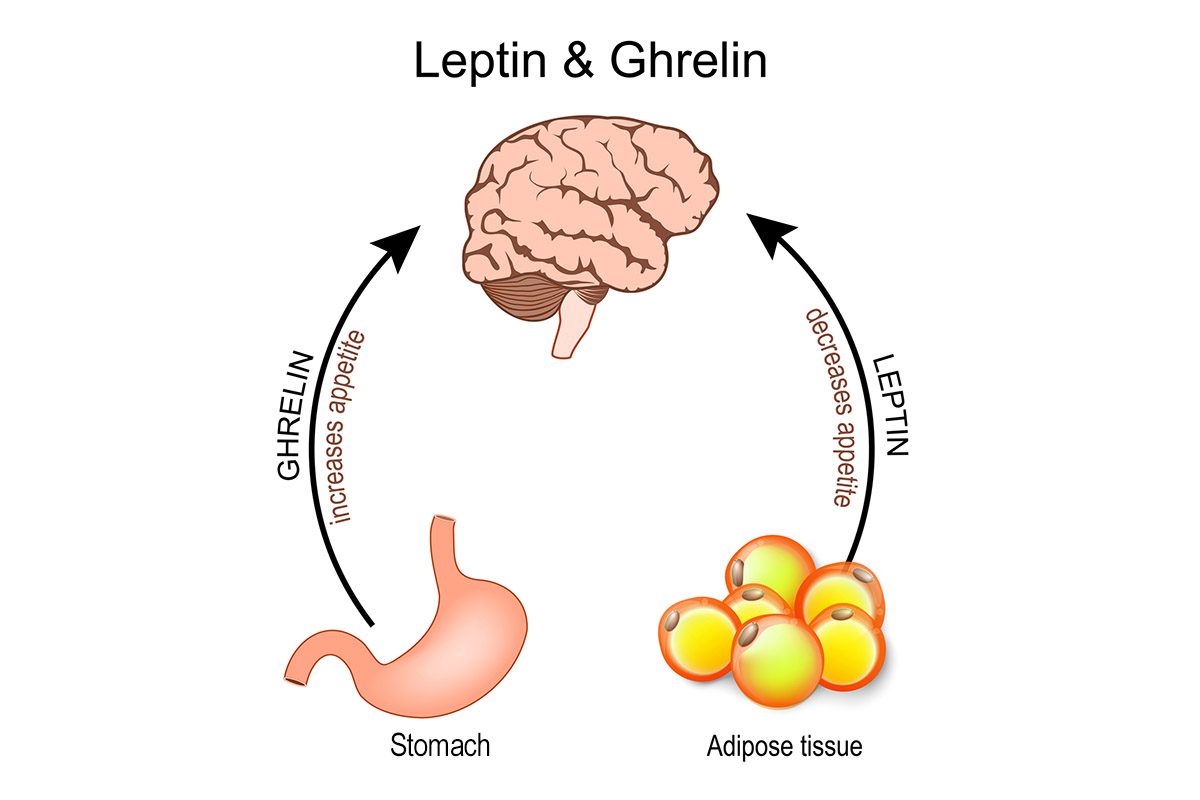Background: We conducted a 10-week, randomized, double-blind, placebo-controlled trial to examine the efficacy of topiramate in the treatment of bulimia nervosa. Primary efficacy analyses showed that topiramate treatment significantly reduced days on which patients binged and/or purged. This article describes further analyses investigating topiramate’s effect on psychological symptoms associated with disordered eating.
Method: Patients with DSM-IV bulimia nervosa were randomly assigned to receive topiramate (N = 35) or placebo (N = 34) for 10 weeks. Topiramate treatment was started at 25 mg/day and titrated by 25 to 50 mg/week to a maximum of 400 mg/day. Secondary psychiatric endpoints, including the Eating Disorder Inventory (EDI), Eating Attitudes Test (EAT), Hamilton Rating Scale for Anxiety (HAM-A), Hamilton Rating Scale for Depression (HAM-D), and Patient Global Improvement (PGI) were assessed for change from baseline in the topiramate versus placebo group.
Results: Thirty-one patients receiving topiramate and 33 receiving placebo were included in the intent-to-treat analysis. Percent change from baseline on the EDI indicated significantly greater improvement in the topiramate group compared with the placebo group for subscales measuring bulimia/uncontrollable overeating (p = .005), body dissatisfaction (p = .007), and drive for thinness (p = .002). The EAT showed significant improvement in the topiramate group compared with the placebo group for the bulimia/food preoccupation (p = .019) and dieting (p = .031) subscales and the total score (p = .022). For the topiramate group, the reduction in mean HAM-A score was significantly greater (p = .046) than that in the placebo group, while reduction in HAM-D scores was greater in the topiramate group compared with the placebo group but did not reach statistical significance (p = .069). Significantly more patients treated with topiramate compared with placebo reported improvement on the PGI (p = .004).
Conclusion: Topiramate treatment improves multiple behavioral dimensions of bulimia nervosa. Binge and purge behaviors are reduced, and treatment is associated with improvements in self-esteem, eating attitudes, anxiety, and body image. These results support topiramate as a viable therapeutic option for the treatment of bulimia nervosa. Additional, longer-term multicenter trials are indicated.
Please sign in or purchase this PDF for $40.00.
Save
Cite



